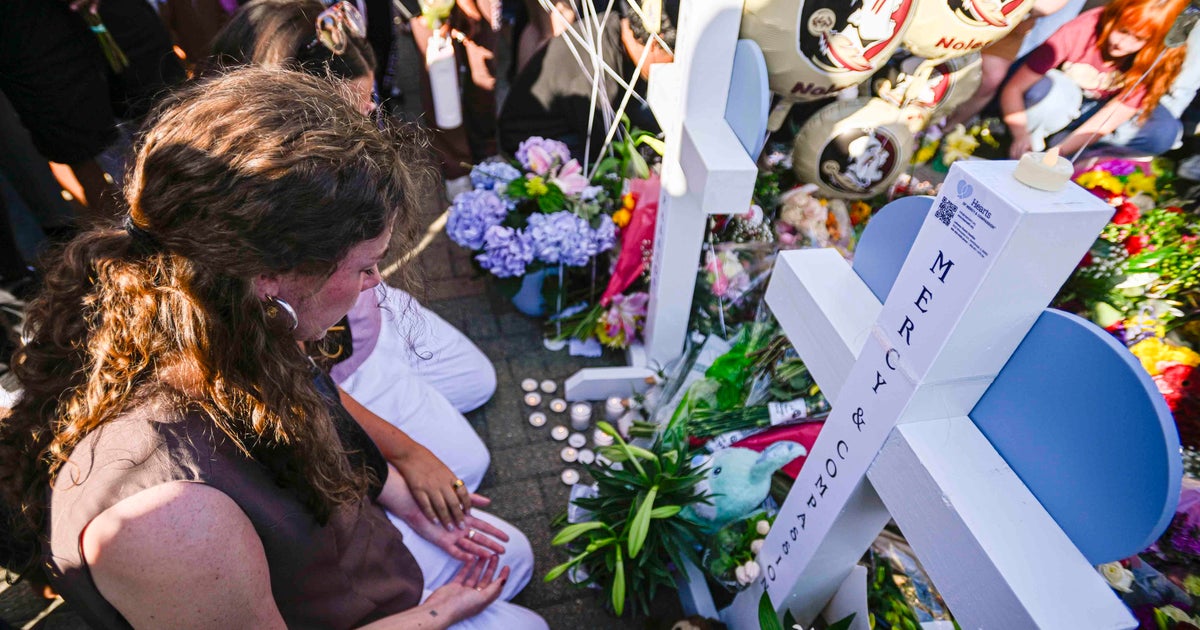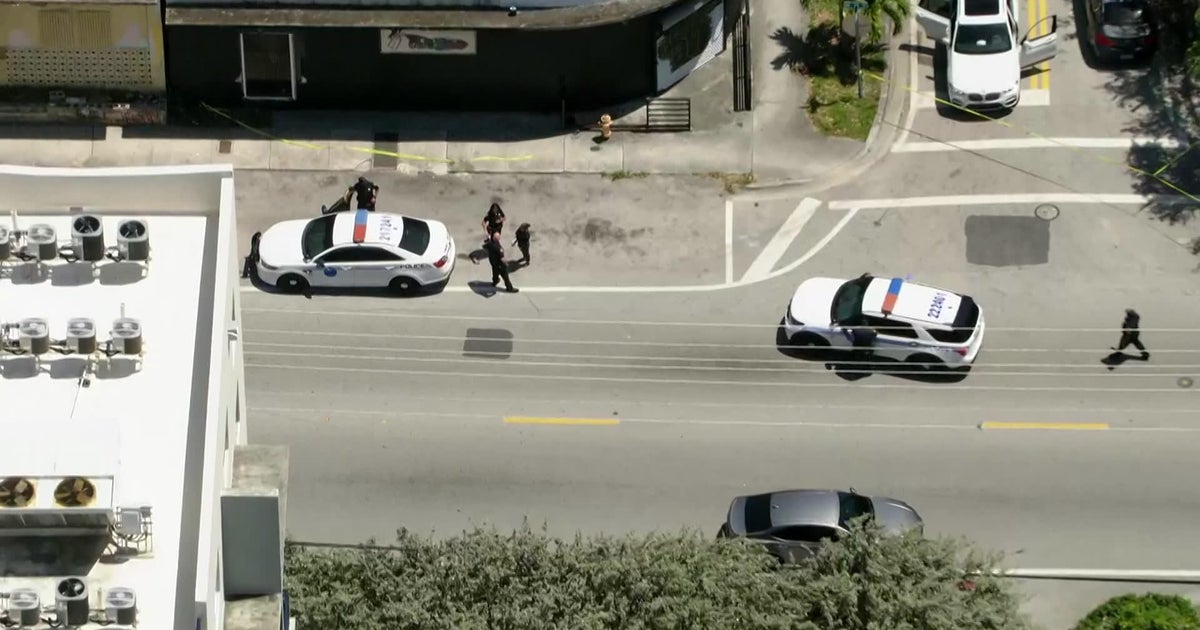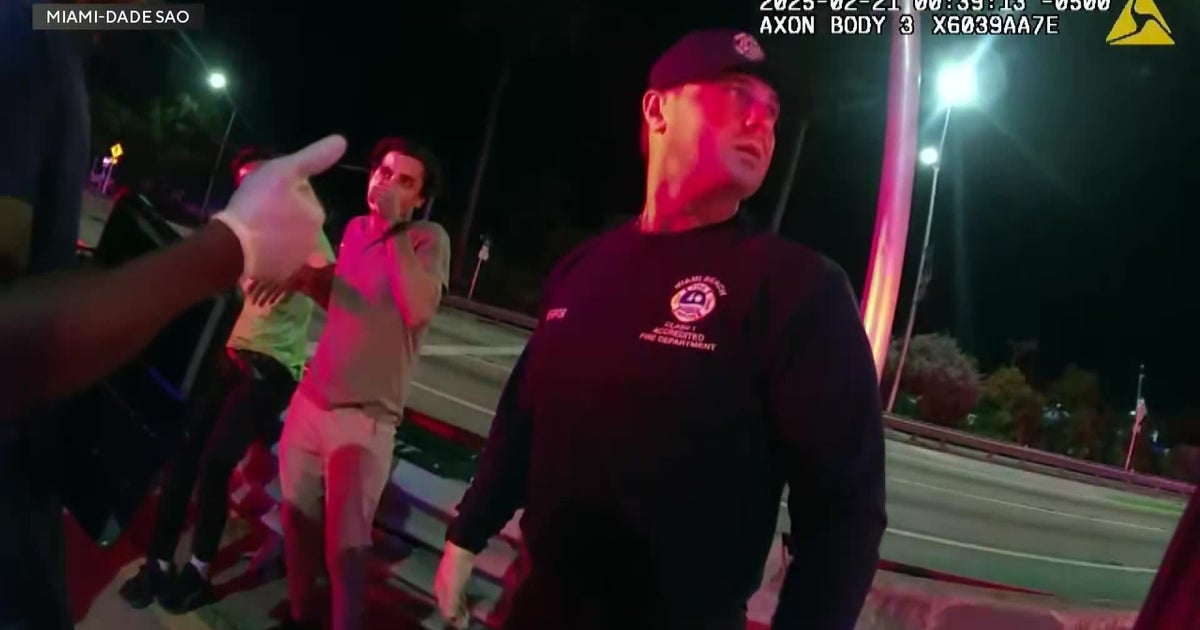NRA takes Florida gun law to U.S. Supreme Court
Calling split appellate court decisions "intolerable," the National Rifle Association on Friday asked the U.S. Supreme Court to take up a challenge to a Florida law that raised the minimum age to purchase rifles and other long guns from 18 to 21.
Friday's move was the latest in seven years of legal wrangling over the law passed after a February 2018 mass shooting at Parkland's Marjory Stoneman Douglas High School that killed 17 students and faculty members.
Nikolas Cruz, who was 19 at the time, used a semiautomatic rifle to gun down the victims at his former school. The NRA filed a lawsuit challenging the constitutionality of the gun-age restriction shortly after the law passed.
The 11th U.S. Circuit Court of Appeals, which hears cases from Florida, Alabama and Georgia, in March upheld the law, saying in an 8-4 ruling that the age restriction is "consistent with our historical tradition of firearm regulation." The 10th U.S. Circuit Court of Appeals issued a similar ruling last year in a Colorado case.
But in what is known as a "petition for writ of certiorari" filed Friday in the Florida case, lawyers for the NRA pointed to a January ruling by a panel of the 5th U.S. Circuit Court of Appeals that found a federal restriction prohibiting gun sales to people ages 18 to 20 was unconstitutional. The 5th circuit includes Texas, Mississippi and Louisiana.
The conflicting appellate court decisions warrant Supreme Court review of the Florida law, the petition said.
"This split between the circuits over so fundamental a question is intolerable, and it urgently calls for this (Supreme) Court's resolution," the document said.
NRA challenges historical basis of Florida's age restriction law
The March ruling by the full 11th U.S. Circuit Court of Appeals upheld a three-judge panel's decision. The ruling outlined the history of the nation's gun laws, from its founding to recent U.S. Supreme Court decisions setting guidelines for determining how to apply the Second Amendment. While the law barred people under 21 from buying rifles and long guns, they still can receive them, for example, as gifts from family members.
"From this history emerges a straightforward conclusion: the Florida law is consistent with our regulatory tradition in why and how it burdens the right of minors to keep and bear arms," Chief Judge William Pryor wrote. "Because minors have yet to reach the age of reason, the Florida law prohibits them from purchasing firearms, yet it allows them to receive firearms from their parents or another responsible adult."
But the NRA argued Friday that the Atlanta-based court's historical analysis was faulty, in part, because 18-to-20-year-olds in Florida are adults, not minors.
"The founding-era rule, even by the en banc (full court) majority's lights, only limited the right to keep and bear arms of legal minors - persons who were not treated as adults for most other purposes and who remained within the care, custody and protection of their parents. But Florida's law strips the right to acquire firearms from legal adults - 18-to-20-year-olds who enjoy the practical and legal benefits of adulthood, who are not within the custody or protection of their parents, and who often have families of their own," the gun Rights group's lawyers wrote.
Partially quoting from a Supreme Court precedent, the petition also said, "A fundamental incident of adulthood in America is the enjoyment of constitutional rights, including the right to defend yourself, your family, and your home with common firearms. Stripping away an 18-year-old adult's Second Amendment rights is thus fundamentally irreconcilable 'with the principles that underpin the nation's regulatory tradition,' ... and the court should grant the writ and reverse."
The decision in the Florida case also erred because of "strong historical evidence that law-abiding 18-to-20-year-old citizens were understood at the founding to enjoy the Second Amendment's protections," the NRA's petition said.
Florida and its experts "have not identified, and we are not aware of, any evidence whatsoever of colonial or founding-era laws restricting the keeping, carrying, or acquisition of firearms by individuals aged 18 or over because of their age," the NRA's lawyers wrote.
Federal law has long barred people under 21 from buying handguns. The 2018 Florida law restricting long-gun sales to people under 21 says it was intended to "address the crisis of violence, including but not limited to, gun violence on school campuses."
The NRA's petition said the "meager evidence" the 11th Circuit relied on to uphold the law "falls far short of establishing" that the tradition of firearm regulation "restricted 18-to-20-year-olds' access to firearms at all."
"In states across the country, 18-to-20-year-olds are considered legal adults for virtually all purposes: they may make contracts, vote, serve on juries, petition the government, freely express their views, and serve in (or be conscripted into) the armed services," the petition said.



